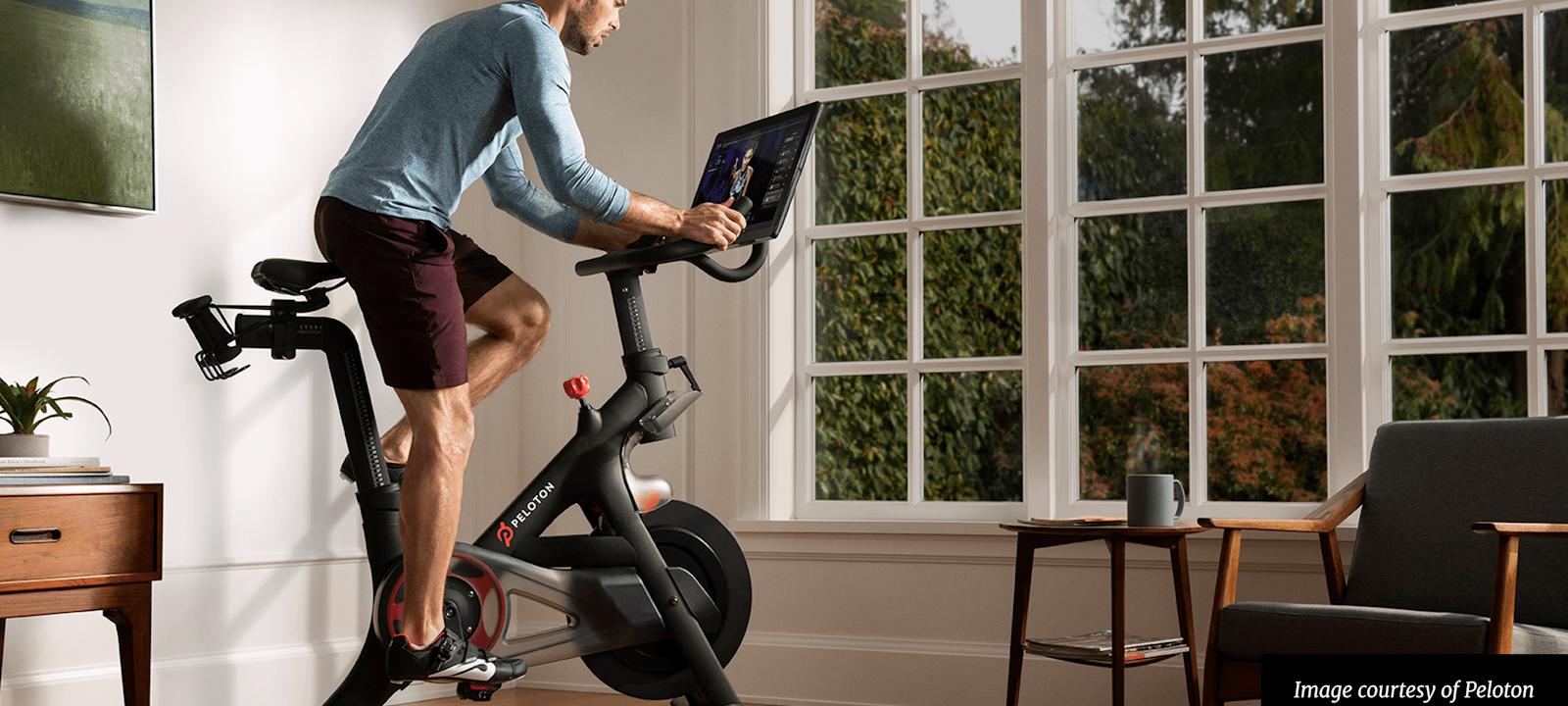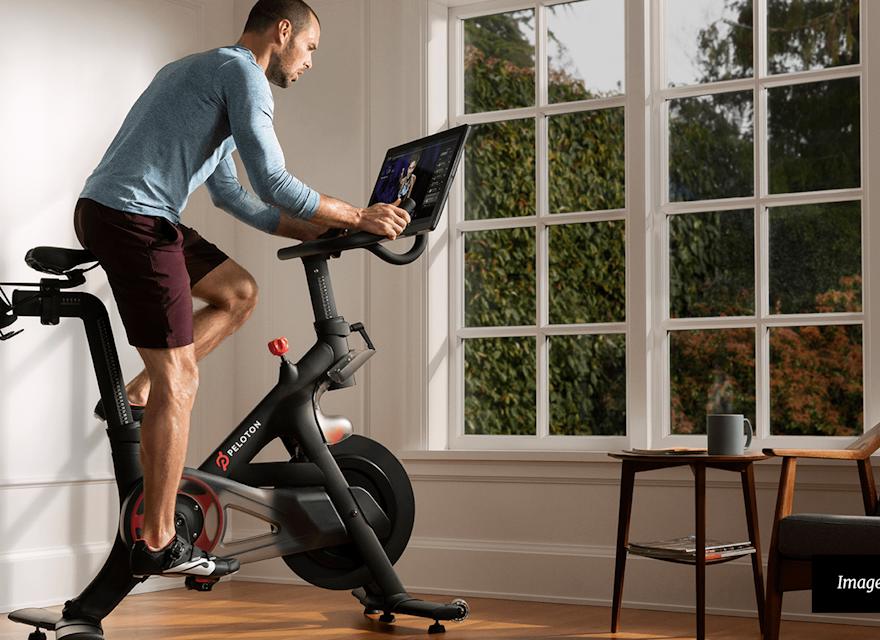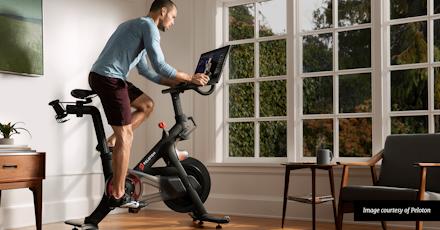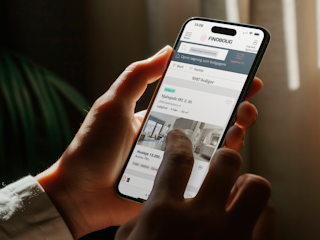It’s no longer about providing consumers with a better version of what they had before. A revamped store, better online experience or less complicated app, while important, is not enough to truly engage your brand evangelists. This is about crossing transition zones; where the boundaries of industries are totally broken down and rebuilt to deliver genuinely memorable experiences for customers.
Building Long-Term Loyalty
Let’s take retail as the first focus industry. We’ve talked a lot in the past about the trend of retail as a service (RAAS) and the idea of retailers providing immersive, experiential experiences that focus less on the immediate sale, and more on the way the brand makes you feel. There are now well established companies like Canada Goose and Peloton who have entirely experiential spaces that give you detailed product descriptions, immerse you in the brand story and give you an emotional connection to the brand, without enabling you to leave with the product (don’t worry, it can be delivered). The risk the retailers are taking is in the hope that if they provide a good enough experience, then the sales will come in time. It’s not about the here and now anymore, the brand relationship will be built with long-term loyalty established.
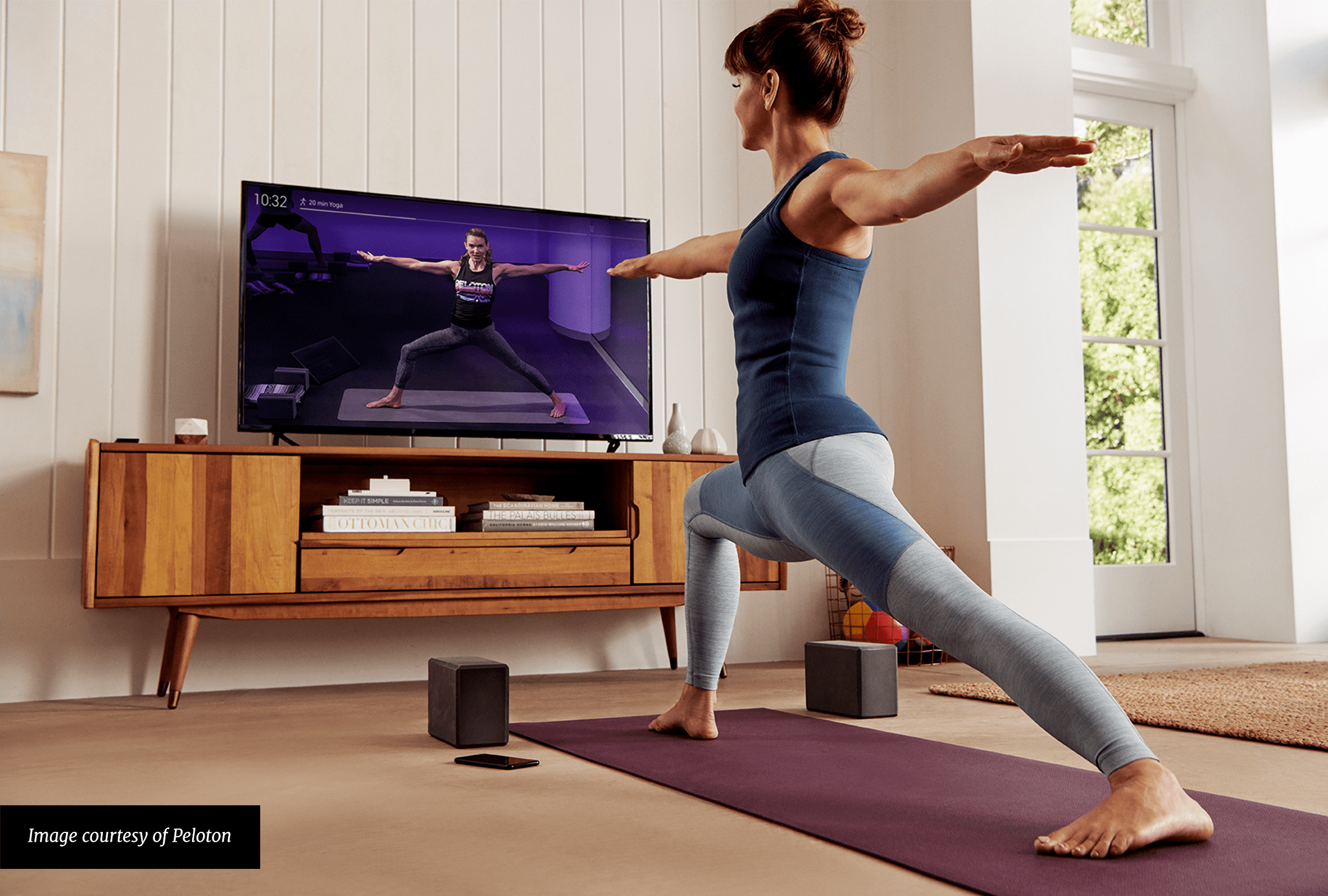 Then there’s the rent-the-runway trend, where a focus on sustainability and the environment is helping customers consume with a conscience. The rent-the-runway movement allows customers to rent fashionable outfits, or key pieces and accessories on a one-off or subscription basis, reducing the impact fast-fashion has on the environment. This movement also gives fashion conscious consumers the ability to emulate the runway at a fraction of the cost. When you consider the increasing number of hotel chains like Marriott who are offering these services to their guests—from having ready-made wardrobes waiting for them at check in, to Closet Concierge—it’s easy to see how rent-the-runway services are convenient, quick, aspirational and exciting.
Then there’s the rent-the-runway trend, where a focus on sustainability and the environment is helping customers consume with a conscience. The rent-the-runway movement allows customers to rent fashionable outfits, or key pieces and accessories on a one-off or subscription basis, reducing the impact fast-fashion has on the environment. This movement also gives fashion conscious consumers the ability to emulate the runway at a fraction of the cost. When you consider the increasing number of hotel chains like Marriott who are offering these services to their guests—from having ready-made wardrobes waiting for them at check in, to Closet Concierge—it’s easy to see how rent-the-runway services are convenient, quick, aspirational and exciting.
Putting Experiences First and Purchases Second
For Peloton, retail spaces are just a vehicle for people to experience their brand. That’s why the idea to place themselves in Westin hotel gyms and guest rooms across the country was seen as just another touchpoint. If customers can experience the brand in the privacy of their own hotel room and feel great about it, perhaps they will get home and consider a purchase of their own. If they hadn’t had that bike in their room at the hotel, chances are they wouldn’t have had the opportunity to trial it or even know about it or know how it made them feel.
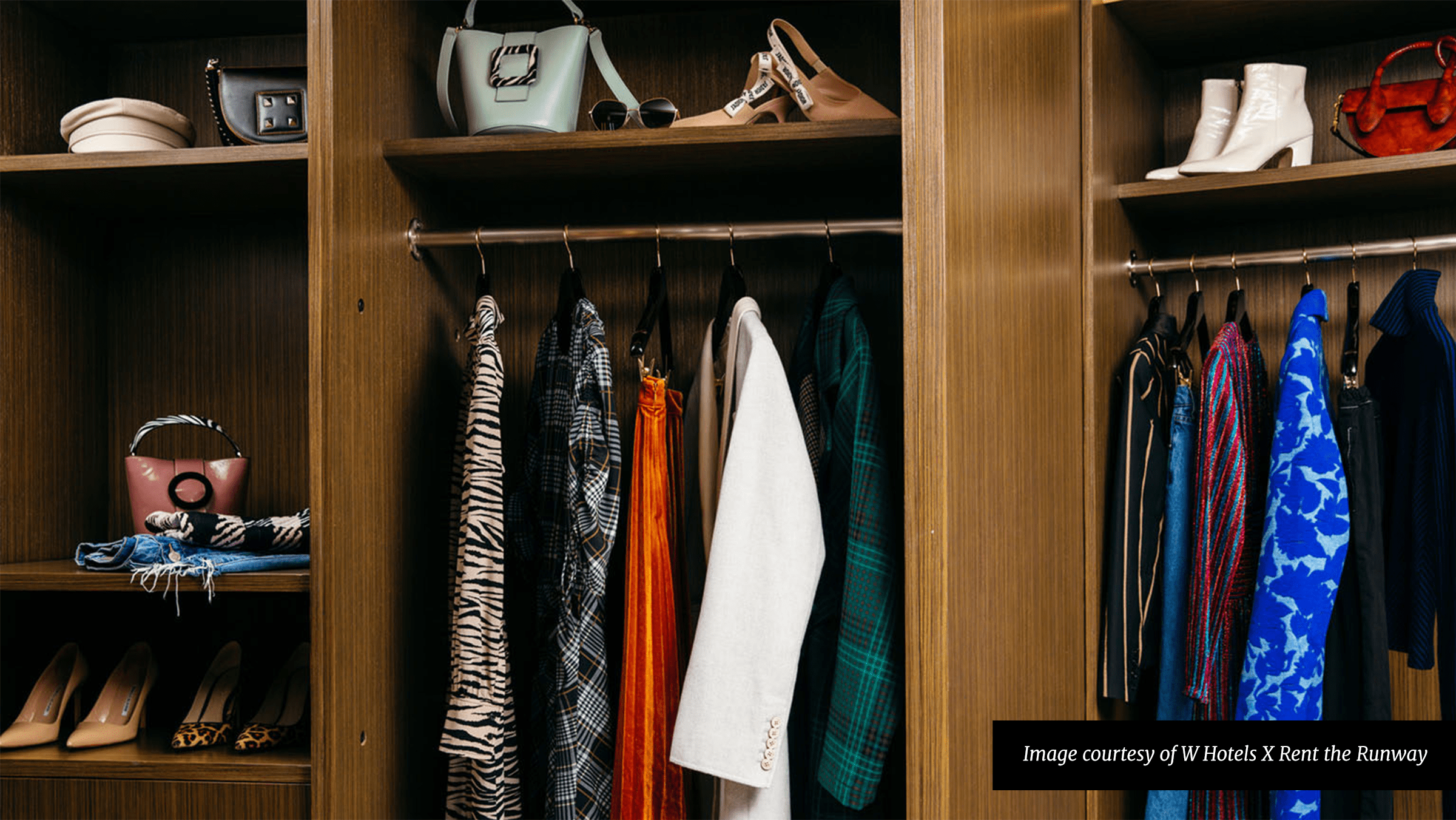
This is a seriously smart move by Peloton and a clever way to get people interacting with a brand without the pressure to buy that you might experience in-store. Customers can make a more personal and considered decision, particularly when we’re thinking of high value items.
And it’s not just the physical sale that is really interesting about Peloton. In a recent presentation at the 2020 NRF show, the Peloton team discussed the power of the community element. That members of the fitness subscription model regularly hugged their instructors when they saw them in real-life, thanking them for changing their lives. The showroom itself acts as a venue, where people host 100th ride parties or personal goal celebrations. This is more than just selling products or services; this is about brands impacting peoples’ lives in ways that are thoroughly meaningful and personally transformative. For Peloton, they have a fully invested, committed and loyal customer base, and all of the data that comes with it.
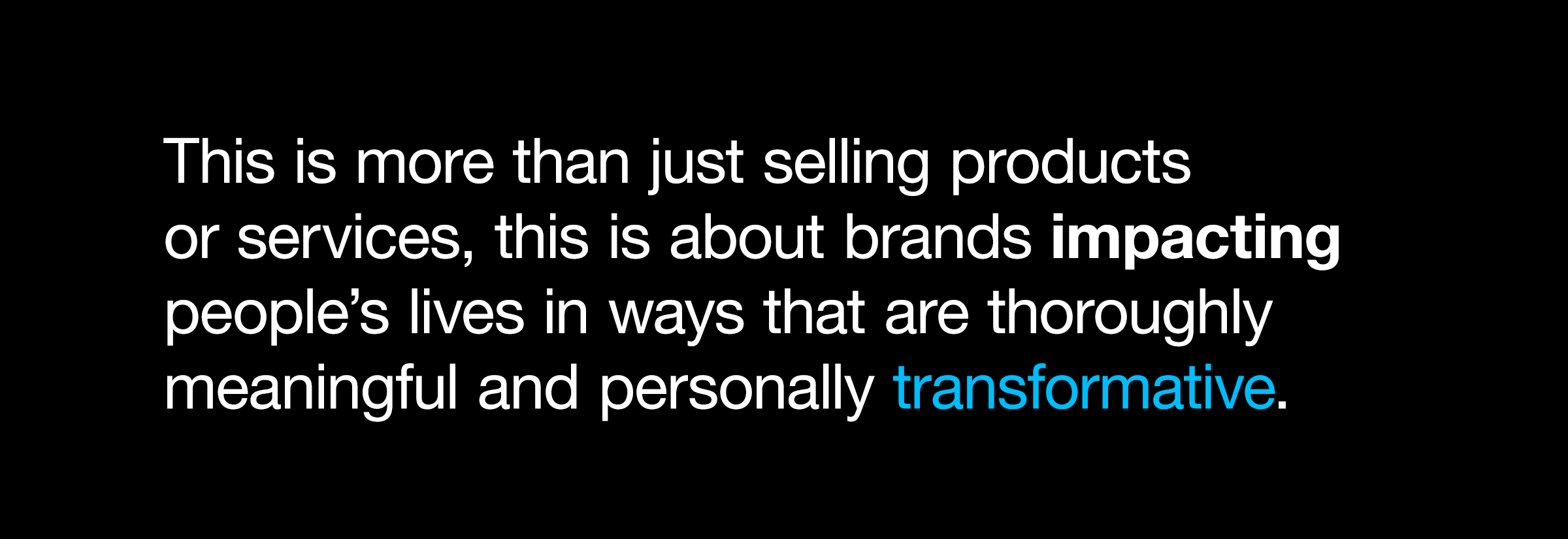
The thing is that experiences no longer exist in silos. Technology is facilitating totally omni-channel touch points to reach customers in new and unexpected—but actually very logical—ways. When luxury watch brand Shinola created a hotel, they wanted to create a community, meet the desires of their customers, and reach new markets. They took the DNA from their stores and applied it to their hotel, creating quality interactions at every touchpoint. This wasn’t about the hotel being a hotel, this was a way for people to experience the Shinola brand in a totally immersive way, building a brand connection, and blurring the lines of what people might expect from a watch maker. The space reflected the essence of their brand from the craftsmanship in the build to the culture and feel of the spaces.
It’s the Risk Takers That Advance
The rules for how brands connect with their customers are changing in incredible ways, and that means that the possibilities are almost endless. If brands are brave enough to take the risk, and to invest in the flawless execution of their vision, then the opportunity to connect with customers in more meaningful, memorable and convertible ways is limitless.
